Cycling to work comes with many benefits – it will save you money, it’s good for the environment, it’s beneficial for your physical and mental health, and it's usually faster.
While any bike can be used for commuting duties, it’s worth buying (or, if you're a real nerd, building) a dedicated commuter bike if it’s going to be a regular fixture of your working week.
For most people, a commuter bike used every day will be absolutely fine for leisure riding too.
For committed cyclists, a specific commuting bike prevents wear on your pride and joy, and you’re more likely to fit dorky practicality boosting accessories without the fear of verbal abuse from friends.
That final point is critical – carefully selected accessories are what separates a run-of-the-mill bike from a true super commuter.
If you want to get your bike set up for commuting, these are the six must-have accessories that will make your ride more enjoyable, safer and, in the long run, cheaper.
1. Mudguards
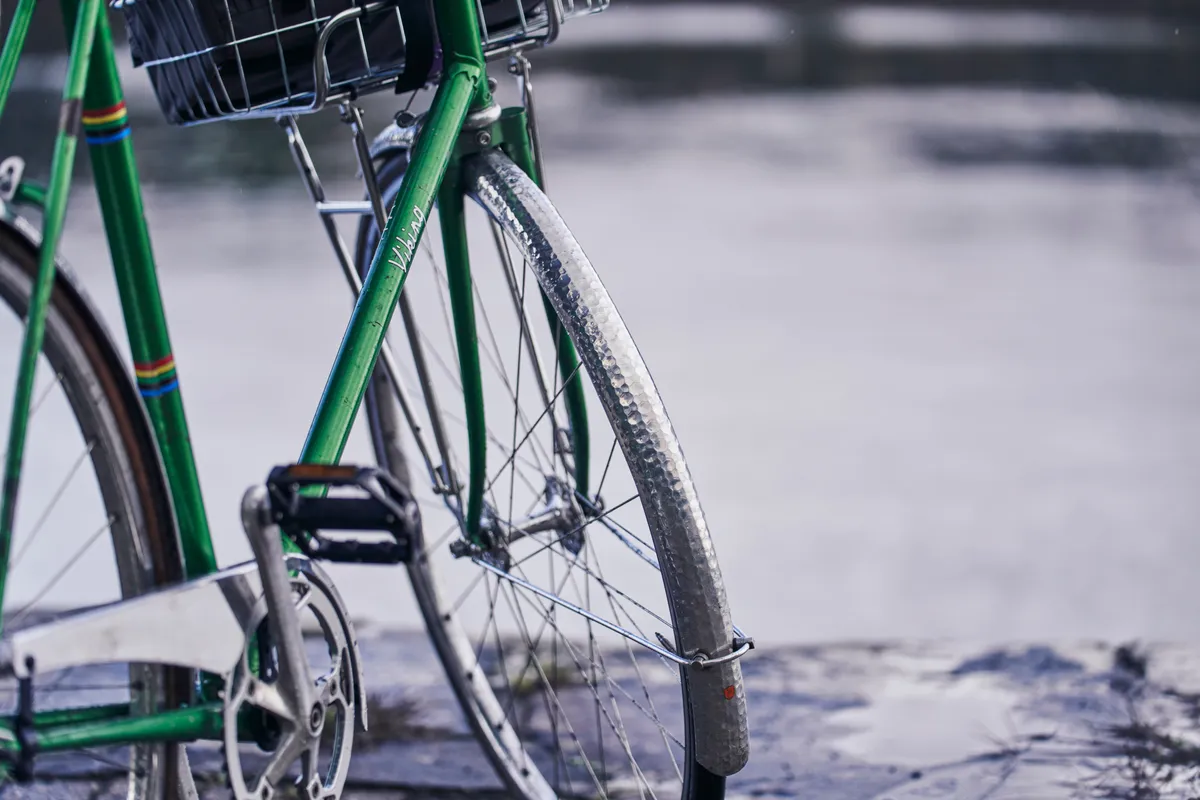
I’ve said this many, many times before, but life is simply too short to ride without mudguards.
To be frank, a sopping wet backside is not the best way to start your day.
The best mudguards keep you and your bike dry, prolonging the life of consumable parts and boosting morale.
You are much more likely to commit to riding year-round if you know you’ll arrive dry(ish). It also usually negates the need to change clothes when you arrive at work.
Provided they’re installed well, full-cover mudguards will last for years of rattle-free service.
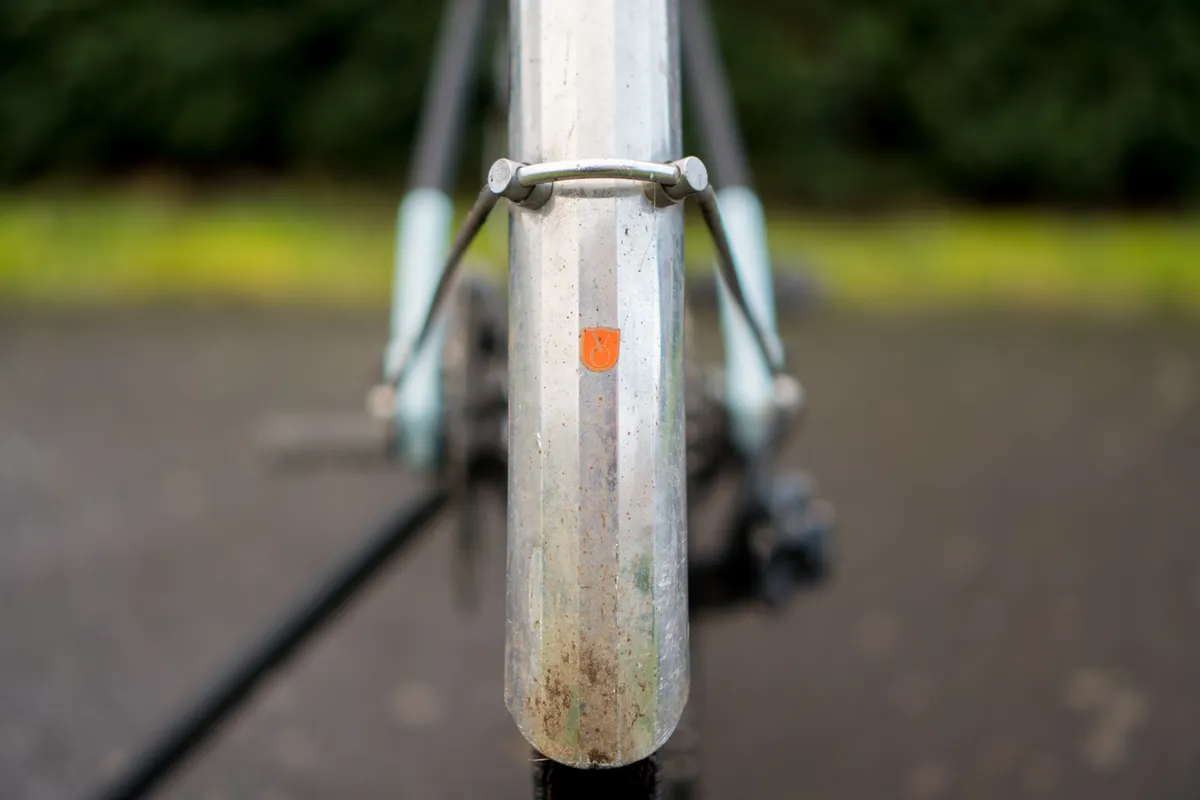
I use Velo Orange alloy mudguards on all of my bikes. These take a while to fit and are a bit more expensive than plastic mudguards, but they last forever and are repairable. Plus they look cool.
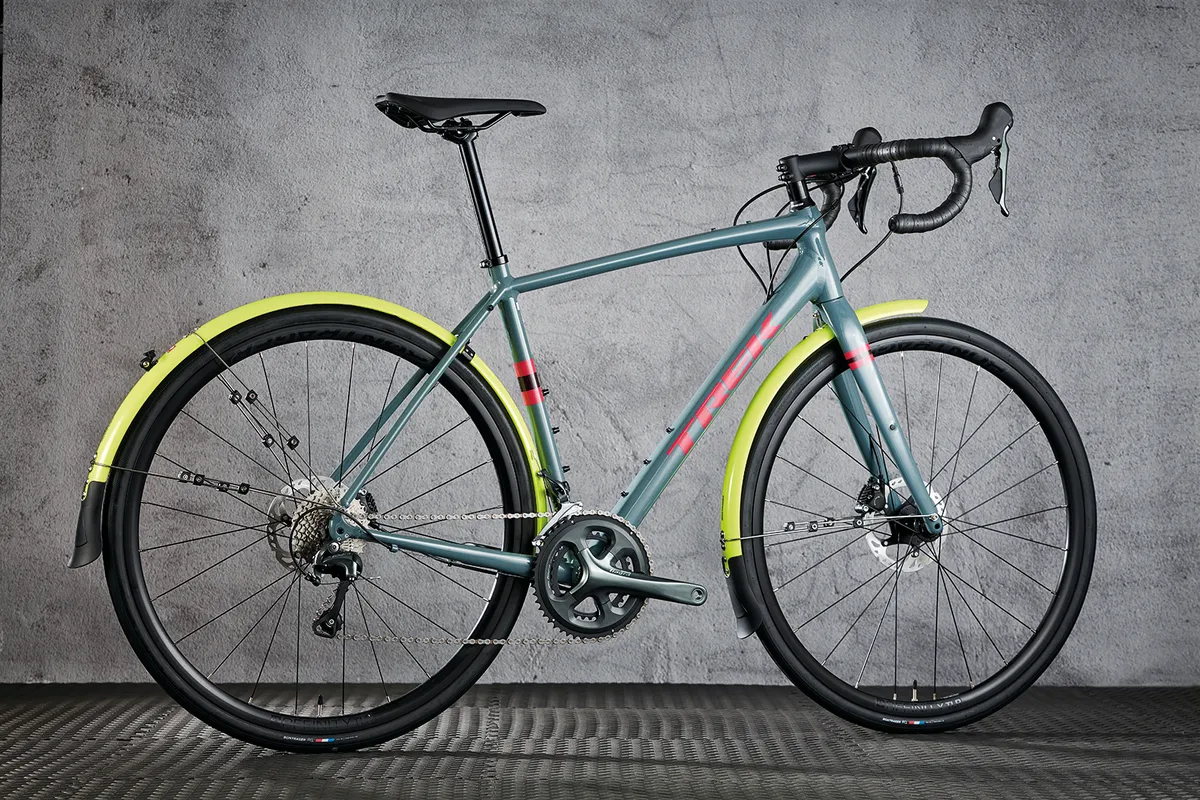
If you want a cheaper and easier-to-fit option, I also like Bontrager's NCS (No Cut Stays) mudguards. These are fantastically easy to fit, offer good coverage and can often be found on sale.
SQUIRREL_13096303
Whichever mudguards you choose, don’t delay – embrace a drier cycling life in 2025.
2. Cargo-carrying capabilities
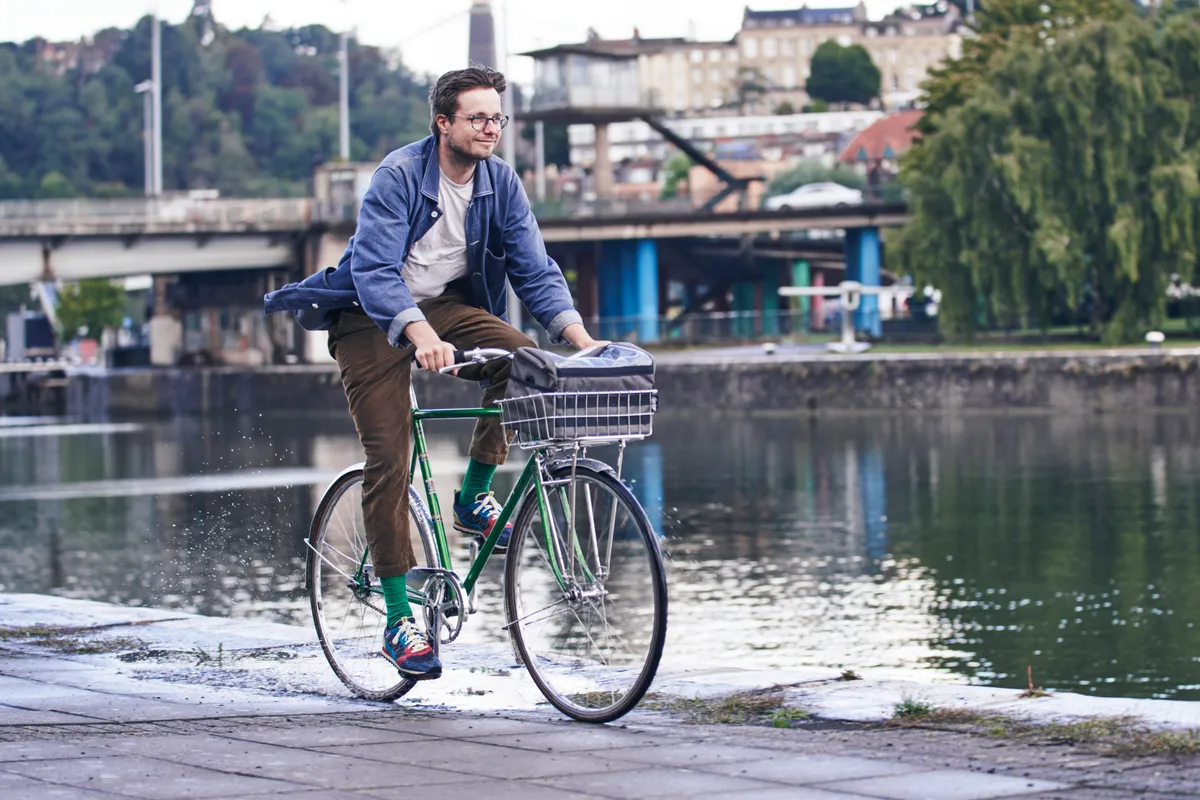
There’s nothing wrong with carrying your stuff in a backpack but, if you’re a regular commuter, it’s worth investing in some kind of luggage system for your bike.
There are many ways to carry stuff comfortably on your bike, shifting weight off your back.
Pannier bags mounted to a rack are good for heavier loads. If you only have a small amount of stuff, a little handlebar-mounted basket will suffice.
Ortlieb makes my favourite panniers, and they are backed up with widely available spare parts.
They come in more variants than you can shake a pair of waterproof cycling trousers at, but you will be hard-pressed to go wrong – I've done extended cycling tours with Ortlieb's lightweight City panniers and, a few bumps and scrapes aside, they've never missed a beat.
SQUIRREL_13188939
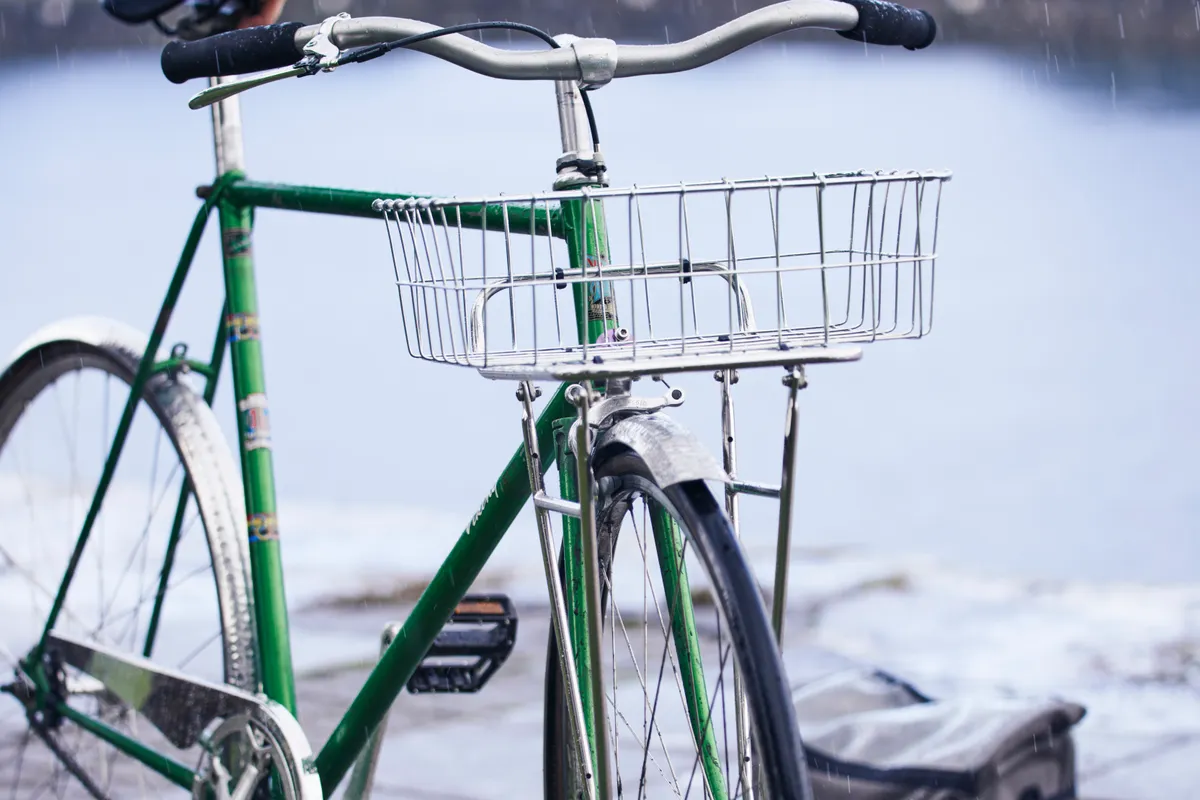
For commuting, I prefer a large platform-style front rack with a basket. A custom-made bag then fits inside this.
On my commuter, I use a Pelago front rack. This is super-sturdy and not too expensive at £120.
This is a better option for me, because I don’t like the ‘tail wags the dog’ sensation of riding with rear-mounted panniers (particularly on a flexible frame). I like being able to see my stuff when riding, too.
I also think this setup looks cool – and I’m a fashion victim. Make of that what you will.
3. Lights (ideally dynamo-powered)
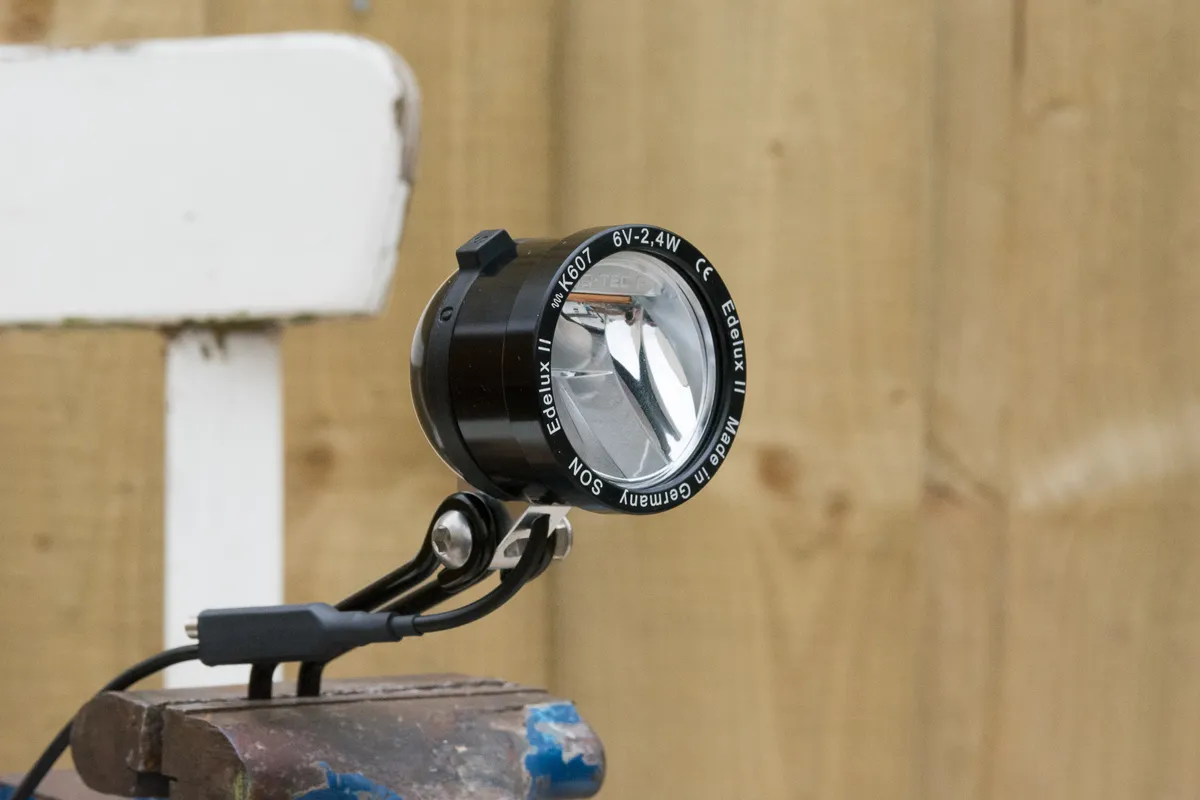
Running lights is both sensible and a legal requirement after sunset.
Even during daylight hours, the best bike lights boost visibility – no bad thing on busy urban roads.
The ideal commuting bike will be fitted with a full complement of dynamo lights.
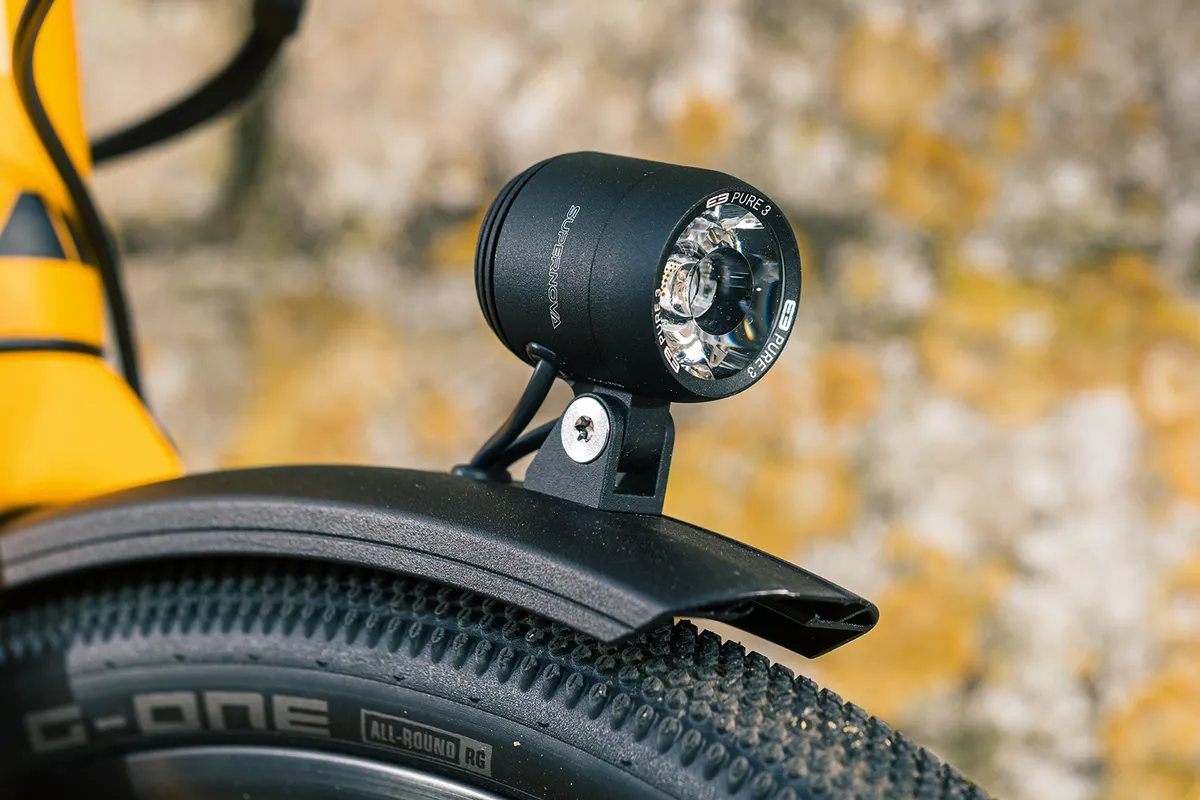
Powered by either a generator built into the hub or a bolt-on accessory, you don’t have to worry about charging dynamo lights.
Most dynamo lights are also bolted to your bike permanently, so you can never forget them.
I find it hard enough putting my pants on in a pre-commute stupor, let alone remembering to charge and fit lights, so they’re a must for a dedicated super commuter.
Dynamo lights are also much harder to steal.
I use premium SON lights on my go-fast bikes, but prefer something a little cheaper for my commuter. I've used various Axa lights over the years with no complaints, generally choosing whatever is available for a good price (Amazon often has decent discounts).
4. A chain guard
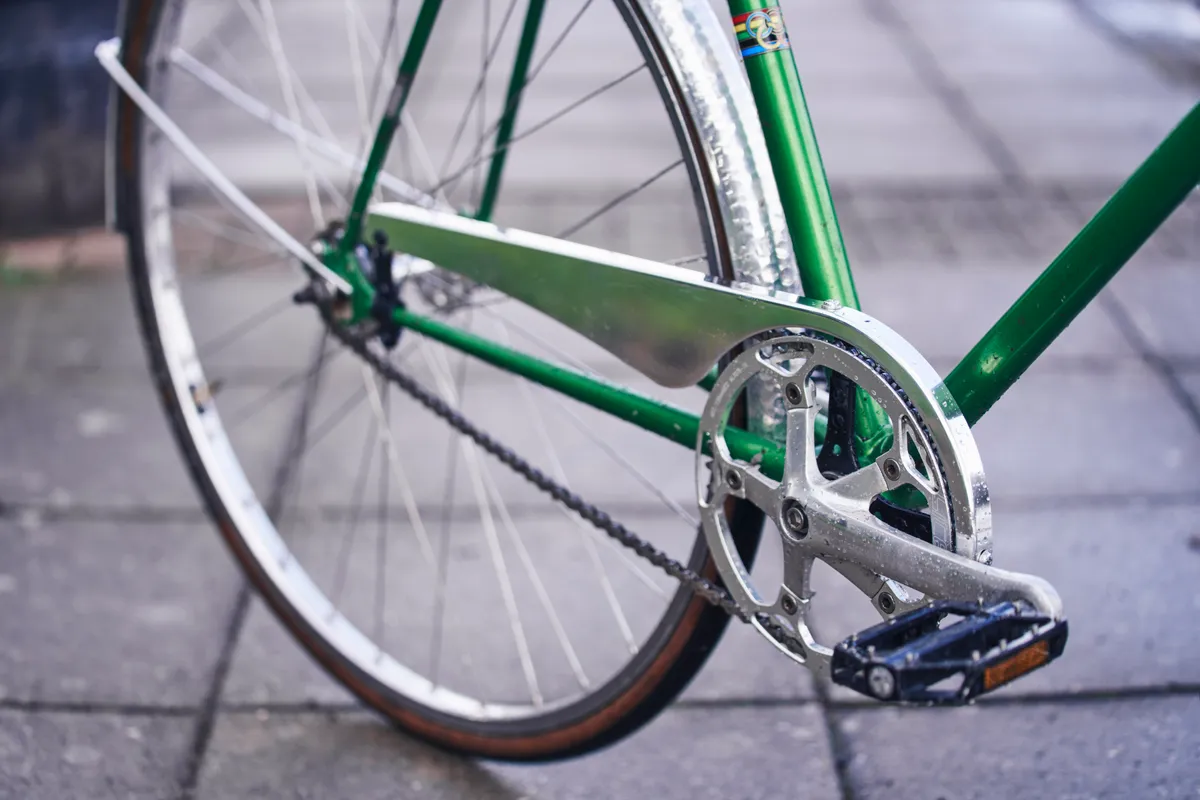
Although my little leggy pegs will be out and proud in shorts once the mercury hits 15°c, for the rest of the year, you’ll find me be-trousered (if I manage to get them on pre-commute).
This presents a problem for my three identical pairs of moleskin trousers – left unrolled, they run the risk of a soiling, dangling mere centimetres from my rarely cleaned chain.
As the name suggests, a chain guard covers the drivetrain of your bike, keeping your trousers unmolested by oily chains.
Chain guards have the added benefit of protecting your drivetrain from the elements. A clean chain will prolong the life of your whole drivetrain, particularly if you commute year-round.
I use a Velo Orange on my commuter. This is made of polished alloy, is super-sturdy and – dare I say it – makes my bike look even better.
If you want something slightly less handsome (and with a lower price), SKS' slightly un-sexy Chainblade chainguards work just as well as more expensive options.
SQUIRREL_13188942
5. A kickstand
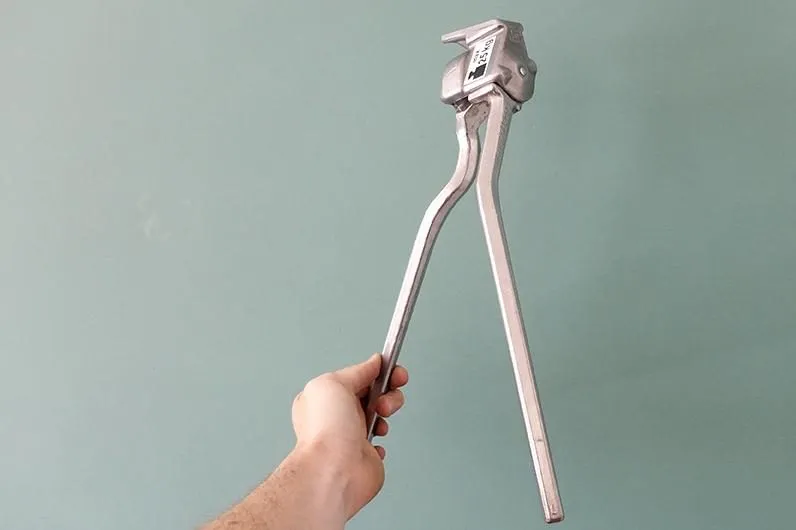
Kickstands are criminally uncool, but oh-so practical.
Finding your bike dangling by the lock in ungraceful repose after a hard day’s graft is annoying and risks unnecessary damage to it (or others).
A kickstand will… well it will stop your bike from falling over. There’s not much more to it than that.
I use a double-leg Pletcher kickstand on my commuter and touring tandem. Given it can hold up the latter when fully loaded with a mountain of camping gear, I'd have a hard time recommending anything else.
SQUIRREL_13188943
6. Battle scars
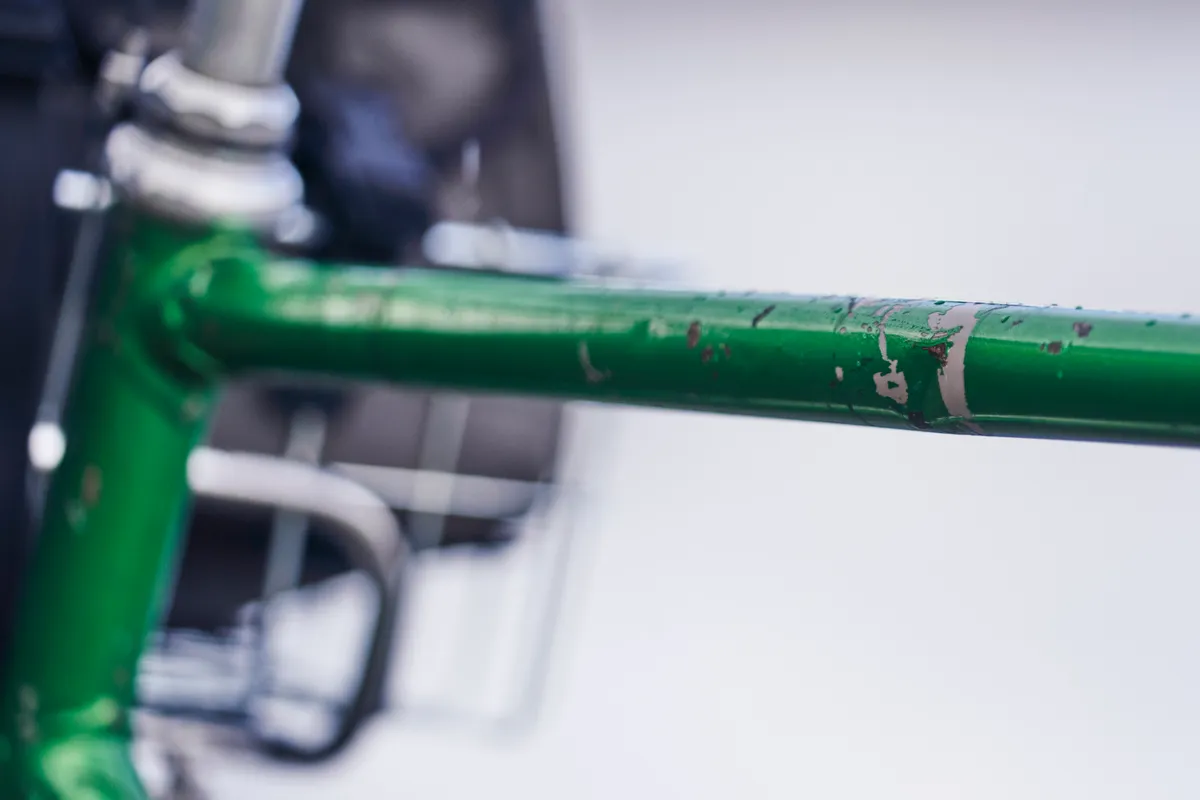
A stolen bike is not a useful one.
While you, obviously, shouldn’t ride a totally knackered and unsafe bike, one that’s a little rough around the edges will be less attractive to ne'er-do-wells.
Scrapes, bumps and a cheeky spot of rust all add to the character of a well-loved commuting bike and make it harder to re-sell.
Similarly, a pre-bashed bike will also reduce anxiety when leaving it locked on crowded bike racks.
It is understandable to look for a good finish when shopping for a used bike, but I'd encourage you to be less concerned if buying a used bike to ride to work on.
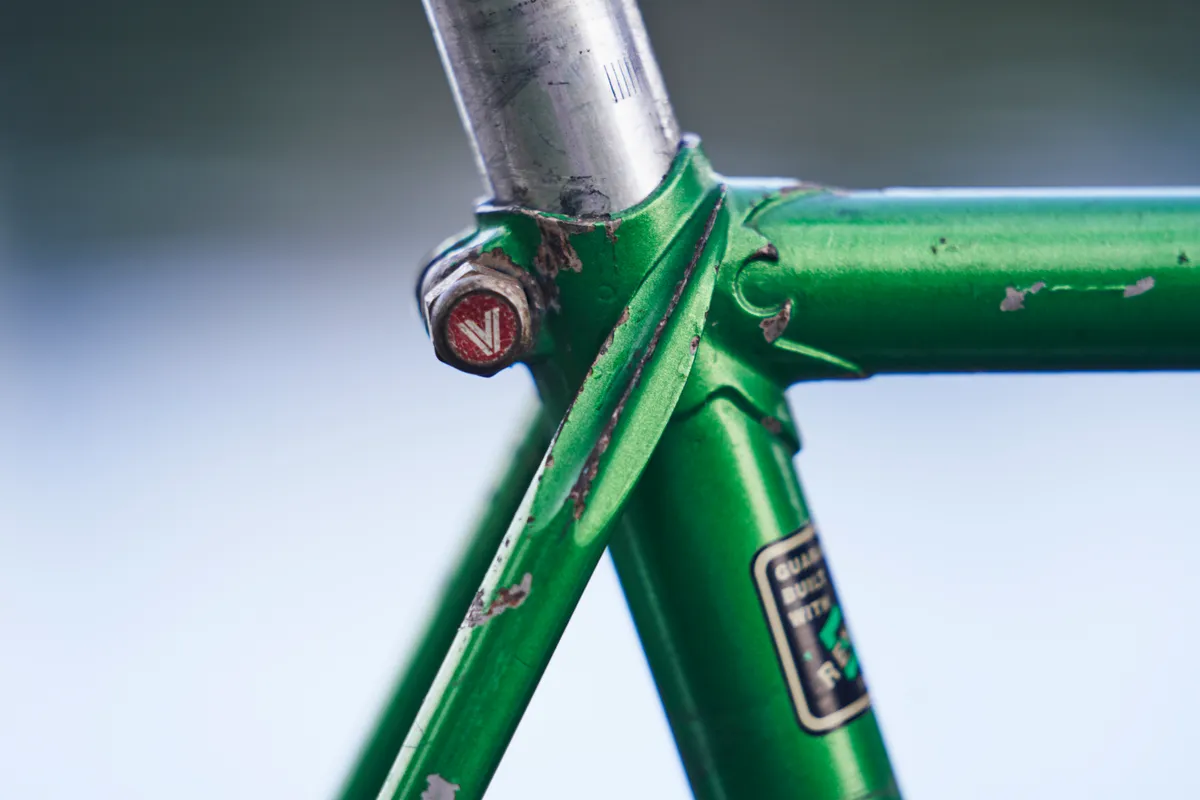
My dad makes bespoke hardwood furniture and, on delivery, advises clients to scratch a new table promptly – that way, you’ll stop worrying about the inevitable. The same is true of bikes.
On a similar note, I’d strongly advocate keen riders turning a neglected older bike into a commuter for the same reasons. You can also build a solid commuter with parts pilfered from an overflowing shed.
Giving old parts a new lease of life is green, satisfying and cheap, and that’s exactly how my lovely green commuter came to be.
With the exception of the frameset (bought for a whopping £80 locally) and the front rack, everything came from the depths of my Shed of Stress.
Touch wood, this pre-knackered bike has yet to attract any unwanted attention, and I hope we have many years of hassle-free commuting to come.



